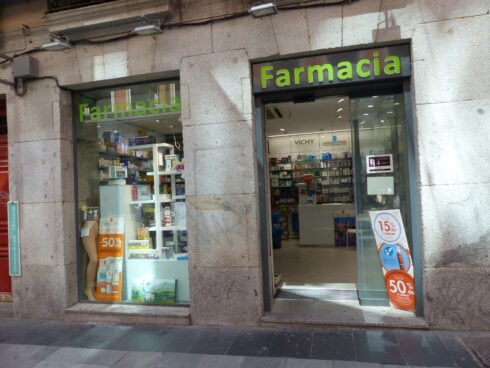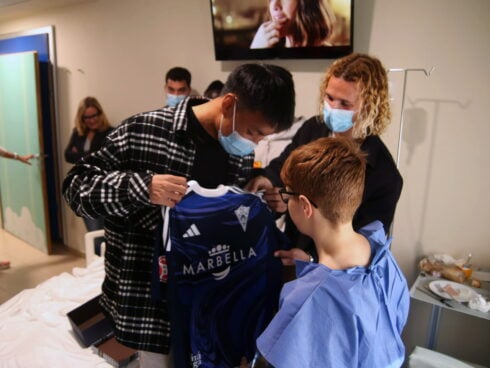SMILE for your doctor – or else. Spain’s health service is quietly rolling out facial recognition tech on more than 170,000 patients in the autonomous cities of Ceuta and Melilla, sparking outrage among privacy advocates and healthcare professionals.
The INGESA system, already active in some Melilla clinics, uses cameras to scan patients’ faces and convert them into unique biometric codes. That data is then linked to your medical records – illnesses, ID number, the lot. Critics warn it’s Big Brother in a white coat.
The move follows a €700,000 contract handed to tech firms Dedalus and Facephi to overhaul health records and identify patients using AI. Officials claim it’ll prevent fraud, duplications, and billing errors – but fail to explain why existing ID systems aren’t good enough. After all, health cards in the region already include photos.
“We weren’t consulted and we don’t even know how it works,” blasted Dr Enrique Roviralta of Ceuta’s Medical Association speaking to Civio. And watchdogs say the data protection analysis is weak and full of holes – with no clear patient consent process and no independent review.
Even worse, those most affected are the vulnerable – migrants and uninsured individuals, including many Moroccans. Critics fear it could discourage people from seeking vital treatment, all for the sake of catching the few who don’t qualify for public healthcare.
Privacy experts are fuming. “Biometric data is forever – if it’s hacked, there’s no going back,” warned campaigners. “This system is intrusive, risky, and unnecessary.”
The government insists it’s all for “efficiency and safety.” But with racial bias, potential data leaks, and a worrying chill effect on health access, many are asking: Is this tech helping patients – or profiling them?
READ MORE:
- Woman is shocked after ‘finding hidden cameras’ inside a tourist flat she was sharing with her daughter on Spain’s Costa del Sol
- Warning for drivers in Spain’s Andalucia after flashy new speed cameras arrive – here’s how to spot them
Drivers in Spain beware: Mobile cameras and helicopters deployed in crackdown on speeding during Semana Santa
Click here to read more Health News from The Olive Press.








